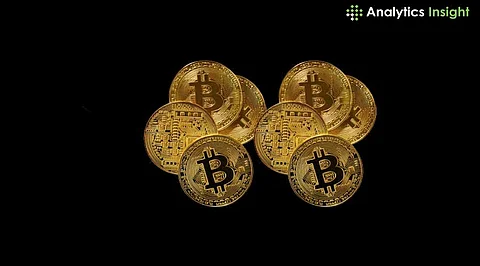

A Swedish legislator has proposed establishing a national Bitcoin reserve, suggesting that it be funded with assets seized from illicit activities rather than using public funds. This proposal arises from a growing global conversation about Bitcoin's role in national economic strategies, especially as the United States and other countries begin to integrate cryptocurrencies into their financial reserves.
Dennis Dioukarev, a member of the Riksdag representing the Sweden Democrats, has approached Finance Minister Elisabeth Svantesson with a proposal to develop a national strategy for Bitcoin accumulation. He believes that Sweden could follow the example of the United States, which established a strategic Bitcoin reserve using assets seized by law enforcement.
Dioukarev's inquiry raises the question of whether Sweden should consider such a strategy to strengthen its currency reserves, alongside traditional assets like fiat and gold. He emphasized that this approach would not involve the use of taxpayer funds, which is a significant concern for many government officials.
Rickard Nordin, another member of the Swedish Parliament, has also urged the government to rethink its cautious stance on national reserves in light of Bitcoin’s growing role in international finance. According to Nordin, Bitcoin has the potential to serve as an inflation hedge during uncertain economic times. He also noted that Bitcoin's increasing acceptance worldwide, particularly as a store of value, makes it a viable alternative for national reserves.
A movement advocating for a national Bitcoin reserve in Sweden mirrors a similar initiative in the United States. In March, former President Donald Trump signed an executive order to establish a strategic Bitcoin reserve composed of seized assets. With over 200,000 BTC, this reserve represents the largest Bitcoin holding by any sovereign nation.
Since the U.S. government began acquiring Bitcoin through law enforcement seizures, discussions have emerged in other countries about the potential benefits of incorporating Bitcoin into national economic strategies.
Countries like the Czech Republic are also exploring the possibility of adding Bitcoin to their foreign reserves. Aleš Michl, the Governor of the Czech National Bank, has stated that retail investors should be permitted to invest up to $7 billion in Bitcoin. This comes as European policymakers increasingly recognize that digital assets could help diversify national reserves.
Sweden's position reflects a certain acceptance of Bitcoin, yet the European Union remains divided on cryptocurrency policy. Christine Lagarde, the President of the European Central Bank, has expressed doubts about including Bitcoin on the balance sheets of major banks. Nevertheless, Sweden and other countries are discussing Bitcoin's role as a store of value and a hedge against inflation, as well as its potential to protect citizens living under authoritarian regimes.
